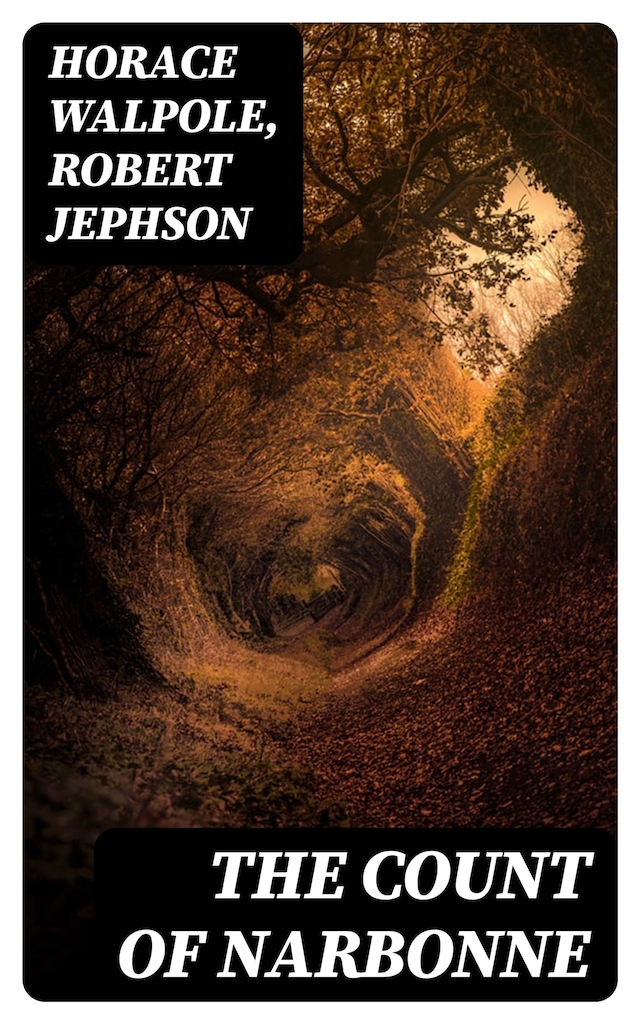
The Count of Narbonne
A Tragedy, in Five Acts
Description of the book
The Count of Narbonne, a captivating anthology that brings together the seminal works of Horace Walpole and Robert Jephson, serves as a fascinating exploration of the Gothic tradition in literature. The collection superbly showcases the diversity within this genre, from its origins in the 18th century, entwined with the medieval revival that swept through Europe's cultural landscape, to the dramatic adaptations that found their way to the stage. This anthology is significant not only for its inclusion of Gothic literature's foundational texts but also for highlighting the stylistic variations and thematic depth explored by these writers, offering readers a comprehensive view of the genre's evolution and its impact on later literary movements. The contributing authors, Horace Walpole, known for his pioneering work in Gothic literature, and Robert Jephson, a celebrated playwright of the 18th century, bring to the collection a rich confluence of historical and cultural narratives. Their collective works delve into the complexities of human psychology, the nuanced exploration of fear and superstition, and the representation of the sublime, thereby aligning with key elements of the Gothic genre. This anthology not only represents a historical period but becomes a dialogue across centuries, reflecting the cultural anxieties and imaginative fantasies of the time. For enthusiasts of Gothic literature, The Count of Narbonne offers an unrivaled opportunity to traverse the eerie corridors of this genre alongside its most esteemed architects. The collection invites readers to immerse themselves in the rich tapestry of Gothic fiction, its enduring themes, and its myriad manifestations across literature and drama. It is an essential read for those seeking to understand the underpinnings of the Gothic tradition and its lasting influence on the literary world, promising an enlightening journey through the shadows of the human psyche and the landscapes that have haunted our collective imagination.


